Get to know your Faculty Work Life Advisors below!
For a full list of advisors and their contact information, please click here.
Melissa Bain
Professor - Department of Medicine & Epidemiology
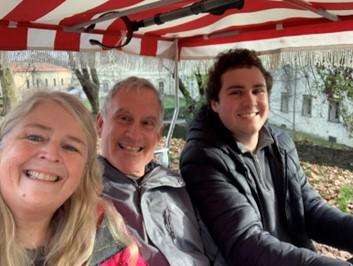
I am a Professor of Clinical Animal Behavior in the Department of Veterinary Medicine and Epidemiology in the School of Veterinary Medicine. I came to UC Davis for my residency in Veterinary Behavior in 1998 and never left, and became a member of the faculty in 2007. My focus is mostly clinical (70%), seeing cases while teaching residents and veterinary students in the Clinical Animal Behavior Service. The other 30% is everything else, with research primarily focused on clinical behavior and welfare topics.
I met my husband in undergraduate and married after I graduated veterinary school, almost 30 years ago. We left rural Wisconsin where I worked as a mixed-animal veterinarian and he commuted 120 miles per day, to Davis where we lived on a lower salary and with one car. Our son, Carson, was born in 2002. He went to Marguerite Montgomery in Spanish Immersion, before it was cool to go there, biked 7 miles each way to Emerson, and graduated DHS during the pandemic. Through him I became very involved in 4H, and remain involved in this as my non-work-related community service. I was very lucky that Bob was the stay-at-home-parent, even starting the short-lived SAHD group in Davis and Sacramento. This was especially beneficial since a lot of what is available now regarding support for new parents was not available on a system-wide basis.
Days can be long and stressful, and it is sometimes compounded by the slow but steady progression of my husbands’ neurological condition. I am grateful that UC Davis has some things in place to help faculty with challenges outside of the work environment, and I hope to be a support for others while trying to be an advocate for change.
Rebecca M. Calisi Rodríguez
Associate Professor - Department of Neurology, Physiology and Behavior, College of Biological Sciences
John Conway
Professor - Department of Physics, College of Letters and Science
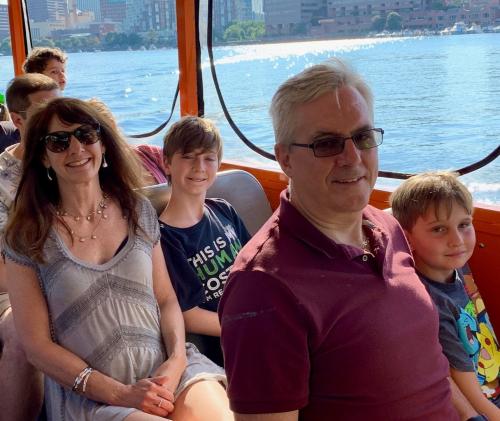
I came to UC Davis in 2004, joining the Physics Department at the same time as my wife Robin Erbacher. I had been on the faculty at Rutgers University for 11 years, and Robin was a researcher at Fermi National Accelerator Lab in Illinois. We were delighted to both be recruited to UC Davis under the POP program.
Robin and I are both high energy particle physicists, working on the highest-energy particle accelerator in the world, the Large Hadron Collider at CERN in Geneva, Switzerland. We travel to CERN fairly often, where we have a team of postdocs and graduate students in residence. The LHC has been operating since 2010, and in 2012 we were part of the biggest discovery there so far, the long-sought Higgs boson.
After coming to Davis, we purchased our home under the Mortgage Opportunity Program offered by UC Davis, which makes it possible for new faculty to buy into the Davis housing market. The MOP program is a way for the university to invest in the community, and being in town with a short bike commute is an amazing benefit.
Robin and I had our sons Ian, in 2008, and Troy, in 2011. Both boys were in the excellent Hutchison Child Development Center on campus, which is an amazing resource for child care. They are now both in elementary school (Cesar Chavez) and active in sports in Davis. We have found Davis to be a fantastic place for families with children and we love living in the town where we work. The foreign travel can be challenging, but we've gotten used to the life style and in fact we sometimes bring the kids with us to CERN in the summer.
I have been a Faculty Work Life Advisor since 2014, and I have found it to be a great way to further develop the policies and programs at UC Davis which keep it at the forefront of universities in the US in this regard. It's led to my being involved in faculty/staff wellness, and I now also serve on the Faculty Welfare Committee. It is great when I can be an ambassador during new faculty recruitment for the amazing set of programs we have in place.
Michael Hill
Professor - Department of Mechanical and Aerospace Engineering, College of Engineering
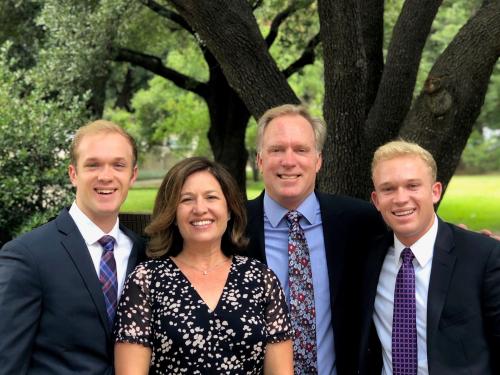
I arrived at UC Davis in the Fall of 1996 to pursue teaching and research in Mechanical Design. I have an active research program in the areas of fatigue and fracture of materials, with a special emphasis in the influence of manufacturing-induced stresses (residual stresses) on structural performance. My research is carried out in close collaboration with a range of industry and government partners. I teach graduate and undergraduate courses in experimental methods and in mechanical design, where students learn to create new systems, select materials of construction, and design parts to sustain service loading.
I married Jeanine in 1992, and we were blessed with twin boys in 1998. The first year or two with twins was a crazy and exhausting time, and I took the time to be fully involved in the boys early years. UC Davis policies that support work-life balance for Faculty allowed me to delay my academic review schedule by one full year. (Even though I was initially told “male faculty aren’t eligible,” I quickly learned that those policies apply to all faculty who have or adopt a child.).
I am proud that UC Davis has taken steps to support young faculty and that we recognize how challenging it is to balance an academic career with family life, and I am glad to carry this message to my colleagues.
Courtney Joslin
Professor - School of Law
Courtney Joslin received her undergraduate degree from Brown University and her law degree from Harvard Law School, where she was an executive editor of the Harvard Civil Rights-Civil Liberties Law Review. Prior to joining the faculty at UC Davis, Professor Joslin served as an attorney at the National Center for Lesbian Rights (NCLR), where she litigated cases on behalf of lesbian, gay, bisexual, and transgender people and their families.
Professor Joslin's areas of interest include family and relationship recognition, particularly focusing on same-sex and nonmarital couples. Professor Joslin's publications have appeared or are forthcoming in the Boston University Law Review, the Harvard Civil Rights - Civil Liberties Law Review, the Harvard Law & Policy Review, the Iowa Law Review, the Ohio State Law Journal, and the Southern California Law Review. Her article, Protecting Children(?): Marriage, Gender, and Assisted Reproductive Technology was selected as a winner of the 2010 Dukeminier Award.
Susan Lott
Associate Professor - Department of Evolution and Ecology, College of Biological Sciences
Lee Martin
Professor - School of Education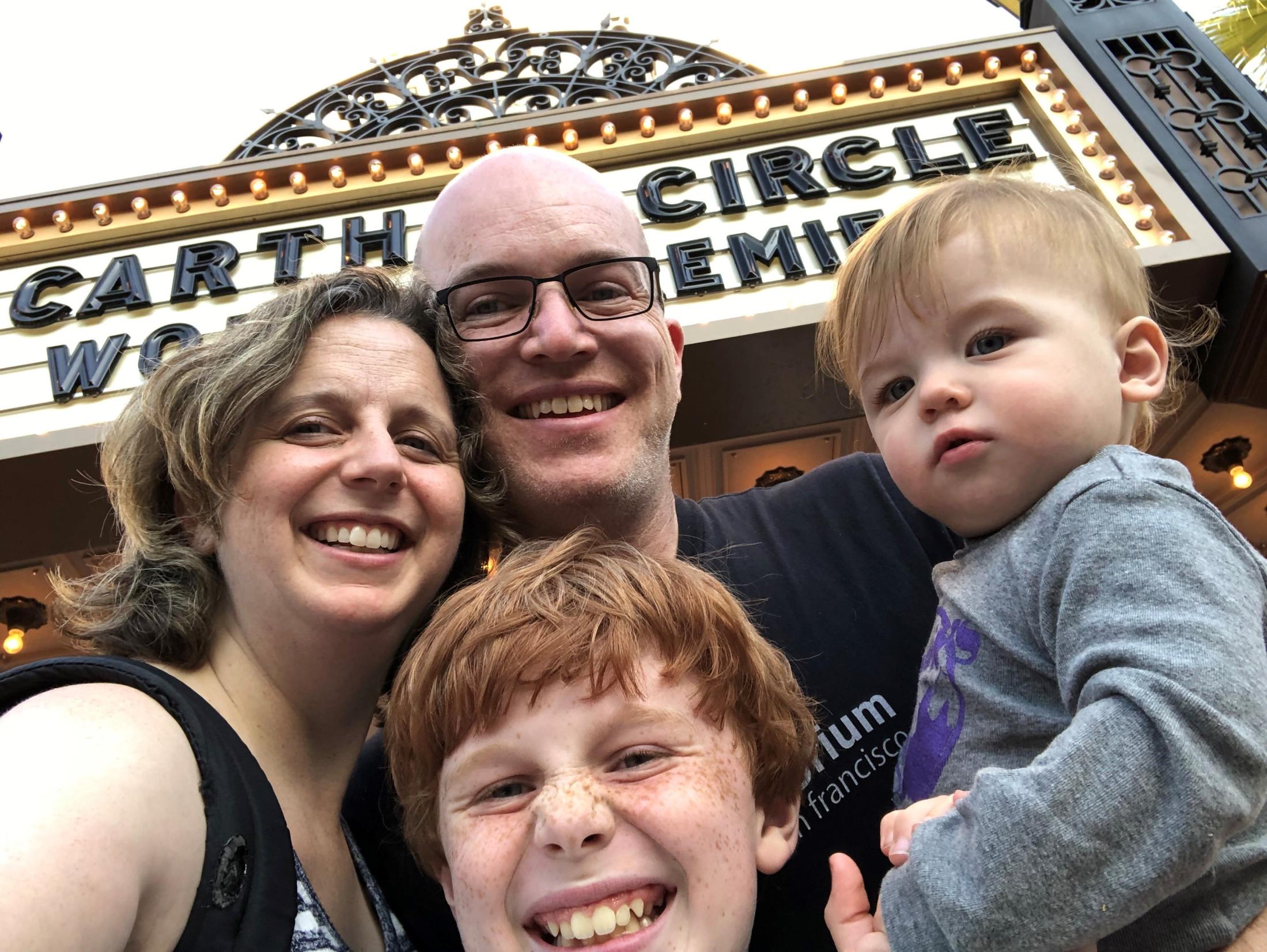
I joined UC Davis as a faculty member in 2007. I was also an undergraduate here, graduating in 2001 with a B.A.S. double major in Mathematics and Linguistics.
I am an educational researcher interested in how we can create equitable learning environments to foster the development of adaptive expertise — the ability to solve novel problems flexibly and learn new things as needed. I’m pursuing this line of research in two projects right now. One is a mobile maker space where we work with schools and other youth-serving institutions to help young people engage in do-it-yourself “maker” design projects. The second is a study on how teachers develop adaptive expertise in leading classroom discussions.
My wife and I met at UC Davis and we’ve been married for 15 years. We live in Davis and have two boys, aged 10 and 1. I really enjoy being able to spend time with my family, and I appreciate the flexibility my job provides. I was able to get a course release and a tenure clock extension back in 2009 to bond with my first son.. And now with the new baby, it was great to again have a course release to stay home and care for him when he was 4-8 months old. My life as a father would be so much different without these opportunities.
Being a faculty member can be very stressful and the work seemingly never ends. I find UC Davis to be a supportive environment where my colleagues hope for success for everyone. Appreciating our shared humanity, and the diverse needs and constraints that come with that, is important to that spirit of collegial support.
I’m new to the Work Life advisor role, but I particularly look forward to a) assisting other faculty in navigating the University’s resources so they can make the most of what is available, and b) contributing to conversations about next steps in work life programs at UC Davis.
Alyson Mitchell
Professor - Department of Food Science and Technology, College of Agricultural & Environmental Sciences
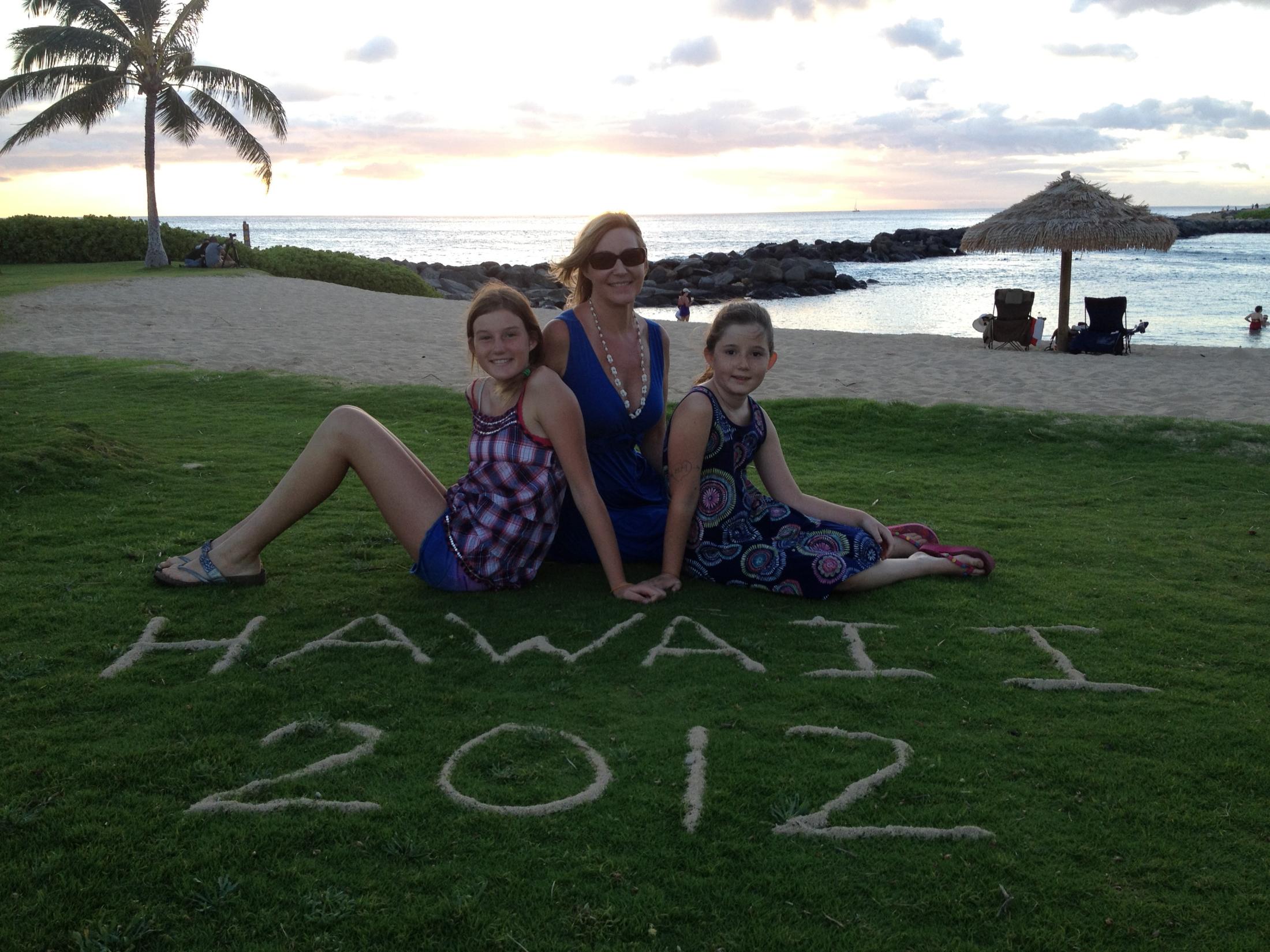
I am UC Davis through and through! I received my B.S. in Environmental Toxicology and my PhD in Pharmacology and Toxicology at the University of California Davis. I was appointed as an assistant Professor in the Department of Food Science and Technology (FST) in 2000. My research interests focus on the application of analytical chemistry for optimizing the nutritional quality of fresh and processed foods. My research program is concentrated on: elucidating chemical reactions and changes in composition that occur in fruits and vegetables as a result of plant breeding, pre- and post-harvest processes, identifying and profiling plant metabolites for food authentication, safety and biological relevance, and developing methods for the characterization and mitigation of chemical carcinogens developed during food processing. I teach three courses at UC Davis including: The Chemical and Physical Analysis of Foods, Food Toxicology and Food Folklore and Health.
I have three wonderful daughters: April (30), Kalia (13) and Devin (11). April is now married and off on her own successful career in the restaurant industry. Kalia is in the 8th grade at Holmes Jr. High and Devin is in the 6th grade AIM program at North Davis Elementary. Looking back on my tenure at UC Davis always makes me giggle. My hiring start date, and maternity leave date nearly over-lapped. I was 5 months pregnant when I interviewed for my position- and hiding it rather well! For women with faculty career goals, there is no optimal time to start a family. You finish your PhD, start your post-doctoral studies and then begin the process of looking for that coveted faculty position. And, you are usually in you thirties and also thinking about starting a family! I applaud the efforts at UC Davis to recognize and support these unique challenges.
Life is wonderful at presenting us with new challenges as we progress through our faculty careers. I was divorced in 2010, and now find myself a middle-aged part-time single parent! Being divorce has opened my eyes to many of the challenges new parents and divorced faculty face in terms of childcare, parent scheduling and maximizing parent contact time with children. I am thankful for my new perspective, and hope that it helps me serve as a better resource to help other faculty navigate critical periods in their careers and balance them with their family lives.
Stefano Morotti
Assistant Professor in Residence - Department of Pharmacology, School of Medicine
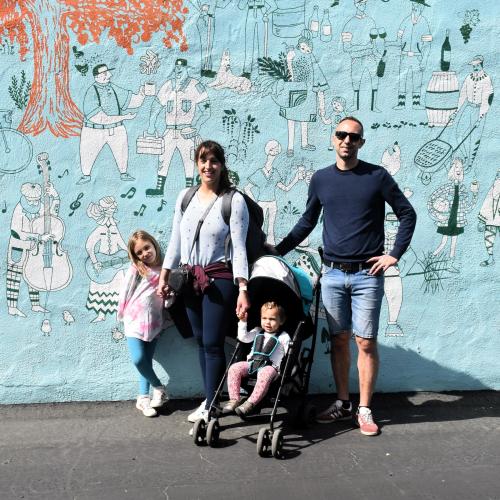
Hello! I'm Stefano, and it's a pleasure to introduce you to my family. I'm married to Valentina, and together we have two daughters: Penelope, born in 2017, and Camilla, born in 2021.
I am a Faculty in the Department of Pharmacology, investigating on complex diseases such as heart failure, atrial fibrillation, sick sinus syndrome, hypertension, and diabetes. Our work centers on understanding the pathological dysregulation of muscle cells (myocytes) in the cardiovascular system. We develop and utilize new mathematical models and statistical tools to investigate molecular and sub-cellular disease mechanisms. Ultimately, our goal is to inform the development of novel, safe, and effective pharmacological strategies.
Valentina and I met as undergraduate students in the Biomedical Engineering program at the University of Bologna, Italy. In 2013, shortly after getting married, we moved to UC Davis together to pursue our postdoctoral training. After a relatively short postdoc in the Department of Mechanical and Aerospace Engineering, Valentina transitioned to the private sector to work on the development of robots for orthopedics surgery. After a longer postdoc in the Department of Pharmacology, I was eventually promoted to Assistant Professor in 2020.
Since becoming a parent, I've come to deeply appreciate the flexibility offered by my position (first as postdoc and then as Faculty) and the benefits provided by UC Davis. However, I'm particularly grateful for the additional support I received during a very challenging period. In fact, I found myself in the delicate position of establishing my new independent research program amid the COVID-19 pandemic. One significant challenge arose from the decrease in the time available to work due to family-related reasons, including the closure and subsequent limited hours of Penelope’s daycare, as well as the birth of Camilla in the following year. Fortunately, I was one of the recipients of special research funds made available in 2022 by the UC Davis School of Medicine to support early-career biomedical researchers facing increased caregiving duties due to the pandemic.
As a new Work Life advisor, I'm thrilled to contribute to fostering the collegial and supportive spirit here at UC Davis. I look forward to engaging in conversations about the future of this program and to contributing to the development of strategies that support our community's diverse needs.
Kyaw Tha Paw U.
Professor - Department of Land, Air and Water Resources, College of Agricultural & Environmental Sciences
Suzana Sawyer
Professor - Department of Anthropology, College of Letters and Science
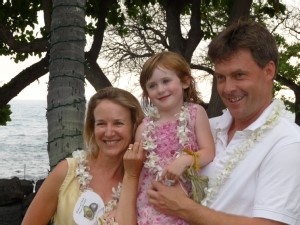
I am an Associate Professor in the Department of Anthropology and joined UC Davis in 1997. My research has examined conflicts that emerge among extractive industries, state governments, and local peoples (both indigenous and non-indigenous) in Latin America and beyond. My first book explored these dynamics in the context of indigenous mobilization in Ecuador (Crude Chronicles 2004). My second book project is tracing these concerns as they work themselves out in a 15-year-old transnational lawsuit in the US and Ecuador. An edited book project looks at these dynamics in Australia, Bolivia, Chad, India, Nigeria, the Philippines, and Peru with respect to questions of indigeneity and global governance.
I am part of that female cohort who chose to have children later in life. Our daughter (Zoe) was born within a year after I received tenure. My partner is also a UC Davis faculty and we are grateful for the university’s faculty work/life balance program. He was able to use UCD’s Parental Leave soon after Zoe was born. And I have made use of the university’s Maternity Leave, Active Duty Modified Service, and now Associate Step IV policies. The bonding and flexibility that UCD’s work/life program has enabled have been indispensable to shaping the relationship we have with our daughter and who she is.
I feel the work/life program makes a critical difference in the choices and opportunities available to academics as they juggle the demands of children and career. As university policies around work/life issues change, it’s important that advocates share their understandings and experiences of these policies not only with female and male faculty who might benefit directly from them but also with faculty who evaluate those who do.
Marian Schlotterbeck
Associate Professor - Department of History, College of Letters and Science
Teresa E. Steele
Professor - Department of Anthropology, College of Letters and Science
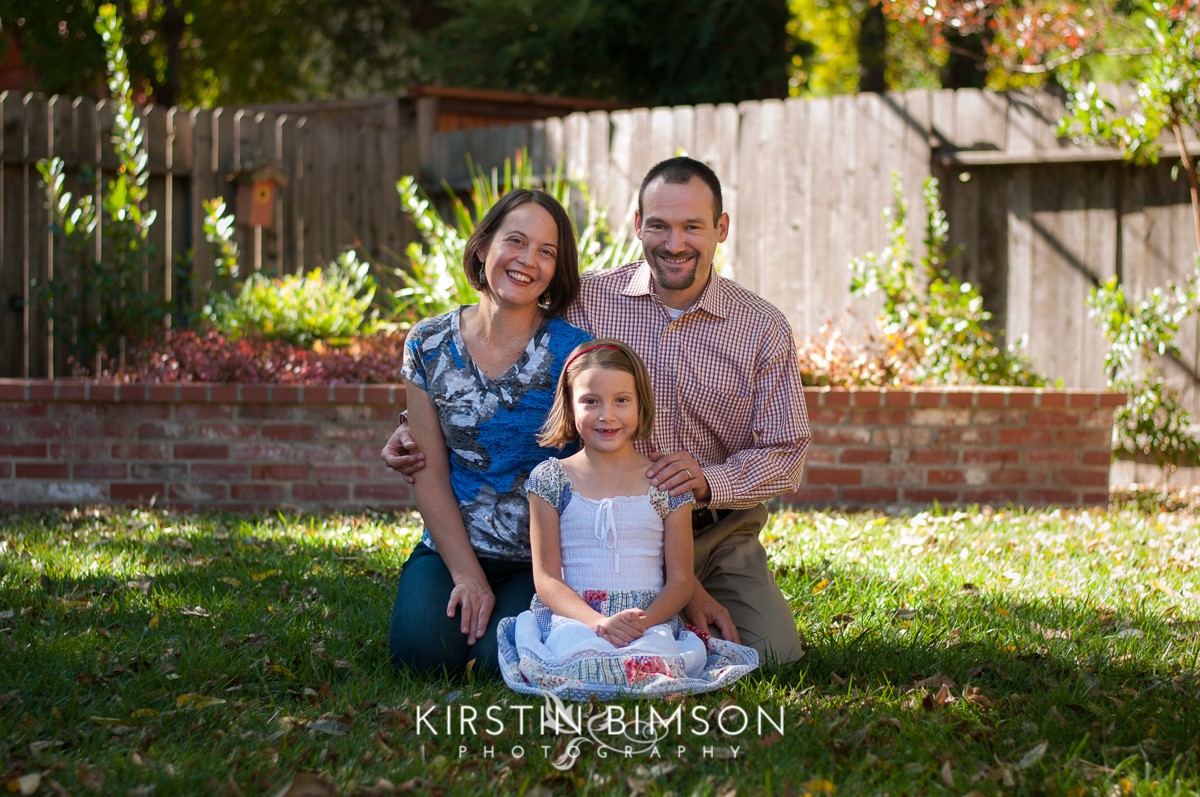
I joined the faculty at UC Davis as an Assistant Professor in Fall 2006, at the same time and stage as my husband, Tim Weaver, also a faculty member in Anthropology. We are both in the Evolutionary Wing of the Anthropology Department, as Paleoanthropologists. I study the archaeological record for human evolution, and in particular I use the animal bones recovered from archaeological excavations to reconstruct ancient human diets, ecology, and demography. As a field archaeologist, my research requires a significant amount of travel to places like South Africa, Morocco and France.
Shortly after arriving to UC Davis, we attended a seminar hosted by the Work-Life Program that described UC Davis’ Work-Life policies, particularly surrounding expanding families. Our daughter was born in August 2010, just as Tim was coming up for tenure and one-year before I did. I took advantage of Maternity Leave, and Tim and I each took a quarter of Active Service Modified Duty. During this time, I was an active participant in the on-campus breastfeeding support group and user of the lactation sites. Once we were back to working full-time, we took advantage of the on-campus child-care options. Our daughter is now settled into elementary school, and we are now exploring work-life programs for the other end of the spectrum: those involving elder care as both our mothers now reside in Davis, too.
The city of Davis is a wonderful place to raise a family, and UC Davis policies support this. While we continue to negotiate work-life balance in a family where both parents are faculty and with my travel commitments, we are making it happen. I value being a Work-Life Faculty Advisor because I want to be part of the culture change that is necessary to allow academia to be more family-friendly. I look forward to sharing my experiences with others and learning from my colleagues, as well.
Tamara Y. Swaab
Professor - Department of Psychology, College of Letters and Science & UC Davis Center for Mind and Brain
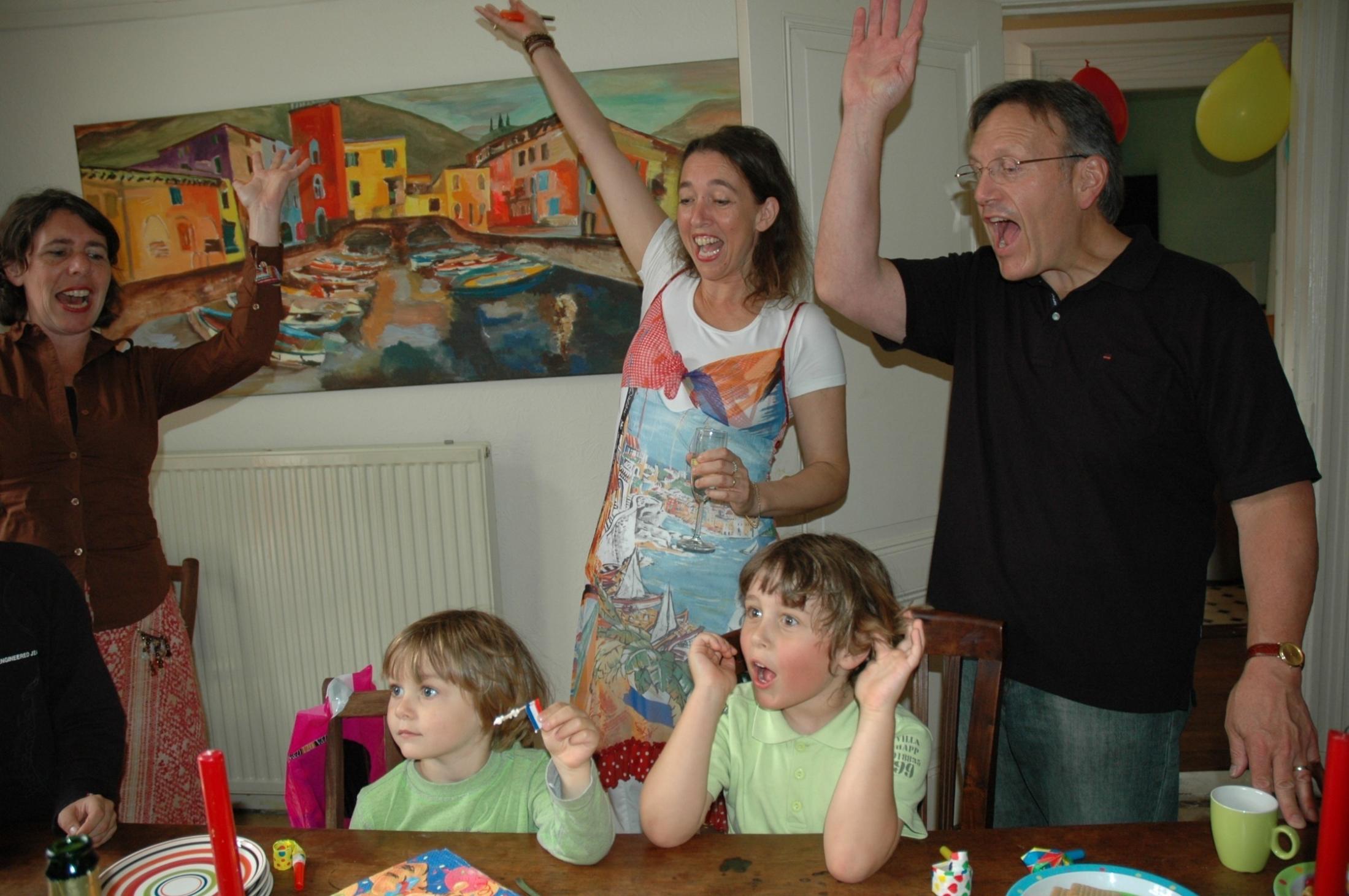
Tamara Y Swaab, PhD, is Professor in the Dept. of Psychology and the Center for Mind and Brain at UC Davis. She earned her PhD in Cognitive Neuroscience at The Max Planck Institute for Psycholinguistics and the University of Nijmegen, The Netherlands.
Dr. Swaab’s research focuses on the cognitive and neural underpinnings of language processing in monolingual and bilingual readers and listeners. With her students and colleagues she has examined the relation between language processing, language experience and other cognitive functions. She has tested this relation by modelling individual differences in language processing as a function of measures of inhibitory control, working memory and vocabulary knowledge. She also has studied deficits in sentence and discourse processing in patients with schizophrenia, who have known problems in the controlled maintenance of contextually relevant information, in order to examine the role of executive functions during language processing and to test the nature of language comprehension problems in these patients. She further examines language comprehension in older adults to assess a potential trade-off between changing cognitive abilities and increased language experience. Dr. Swaab’s research capitalizes on multiple research methods to gain the deepest possible understanding of the psychological processes and brain mechanisms that we use to extract meaning from text and conversation. These research methods include eyetracking (collaboratively), and the recording of brain electrical activity (ERPs) and hemodynamic responses (functional magnetic resonance imaging -- fMRI), as well as a variety of other behavioral measures. Combining these methods provides a powerful approach to investigating the time course and neuroanatomical loci of language comprehension processes.
Dr. Swaab has published in a wide range of journals in psychology and cognitive neuroscience (Psychological Science, Trends in Cognitive Sciences, Journal of Cognitive Neuroscience, Brain Research, Cerebral Cortex). She has received funding for her work from NIMH, NSF, and McDonnell Pew.
Dr. Swaab is married and has two children, Alex (6 years) and Nick (4 years). She received tenure in July of 2007, and has made grateful use of several of the features of the faculty work/life balance program, including maternity leave, Active Service Modified Duties, and extension of the Tenure Clock.